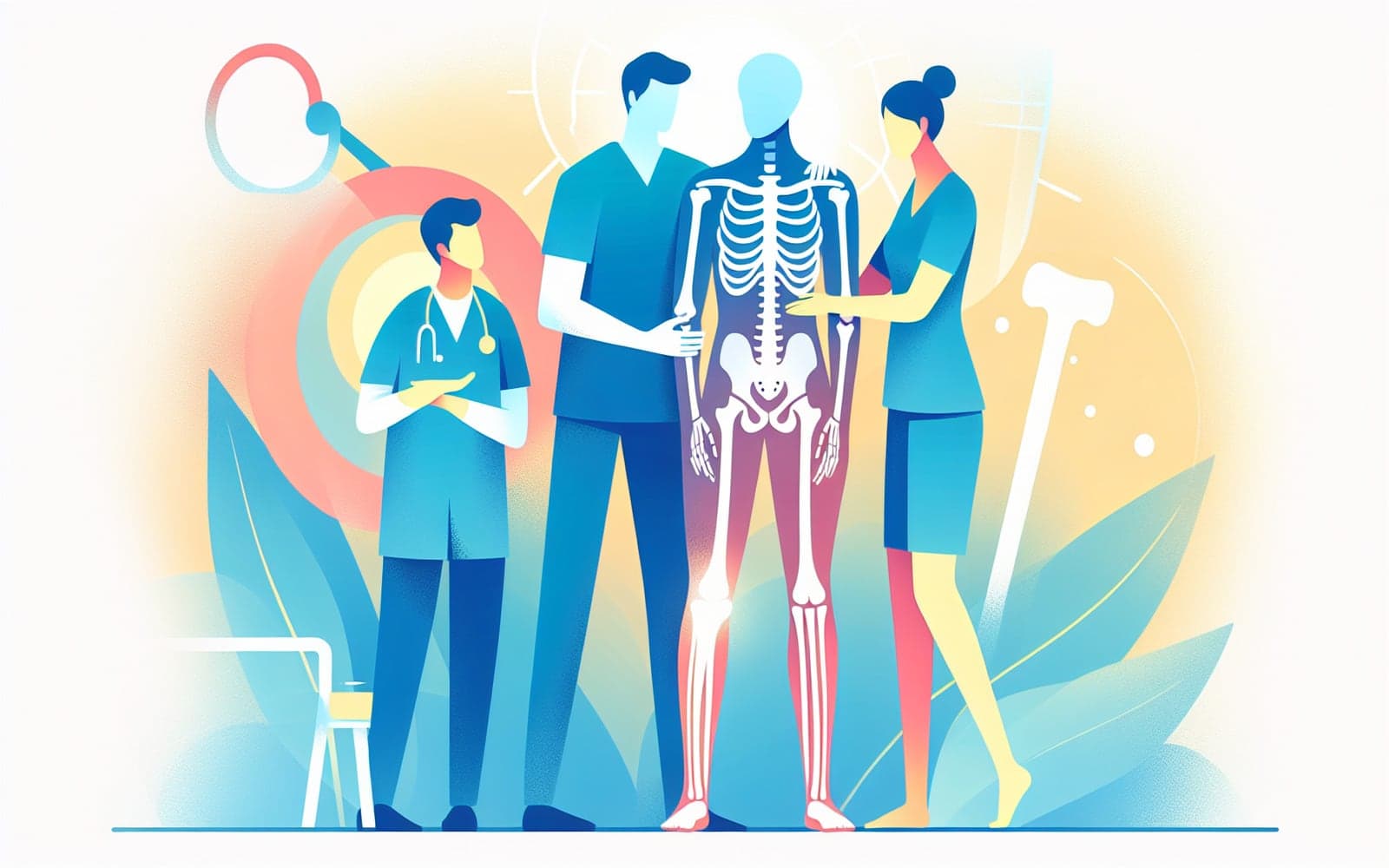Spotting the Signs: Symptoms of Atypical Femur Fractures
Published: May 06, 2024
Atypical femur fractures are rare but serious complications of long-term bisphosphonate use. Recognizing the symptoms early can prevent severe outcomes.
Contents
Understanding Atypical Femur Fractures
Atypical femur fractures are stress fractures that occur with prolonged bisphosphonate use. They are characterized by specific changes in the bone, making them different from typical fractures. While uncommon, these fractures require attention due to their potential severity.
Recognizing the Warning Signs
Symptoms often begin as dull or aching pain in the groin or thigh, which can precede a fracture. Patients may notice difficulty walking or standing, and these symptoms should not be ignored. Early detection through imaging can reveal changes in the bone before a complete fracture occurs.

What to Do if You Suspect a Fracture
If you experience symptoms of an atypical femur fracture, it's crucial to seek medical attention immediately. Discontinuing bisphosphonates and ensuring adequate calcium and vitamin D intake are important steps. In some cases, orthopedic intervention may be necessary to prevent further complications.
Frequently Asked Questions
They are stress fractures linked to long-term bisphosphonate use.
Dull pain in the groin or thigh can be a warning sign.
Imaging tests like X-rays or MRIs can detect them.
Seek medical help and discuss stopping bisphosphonates.
Key Takeaways
Recognizing symptoms early can prevent severe complications from atypical femur fractures.
If you're concerned about fracture symptoms, reach out to Doctronic for guidance!Related Articles
References
Shane E, Burr D, Abrahamsen B, et al. Atypical subtrochanteric and diaphyseal femoral fractures: second report of a task force of the American Society for Bone and Mineral Research. J Bone Miner Res 2014; 29:1.
Black DM, Geiger EJ, Eastell R, et al. Atypical Femur Fracture Risk versus Fragility Fracture Prevention with Bisphosphonates. N Engl J Med 2020; 383:743.
Always discuss health information with your healthcare provider.

